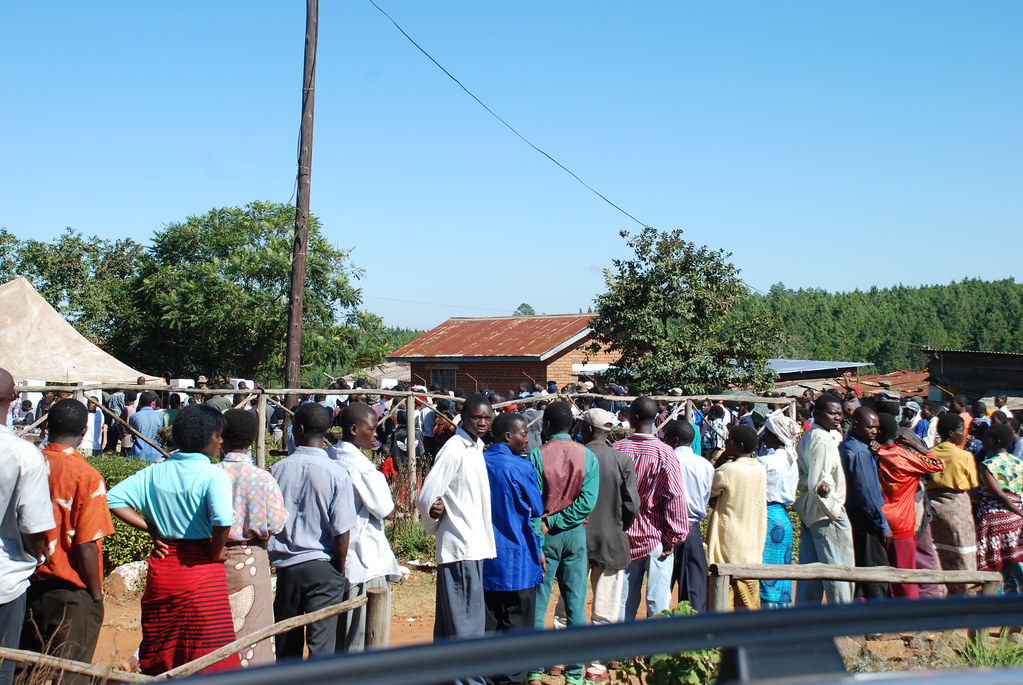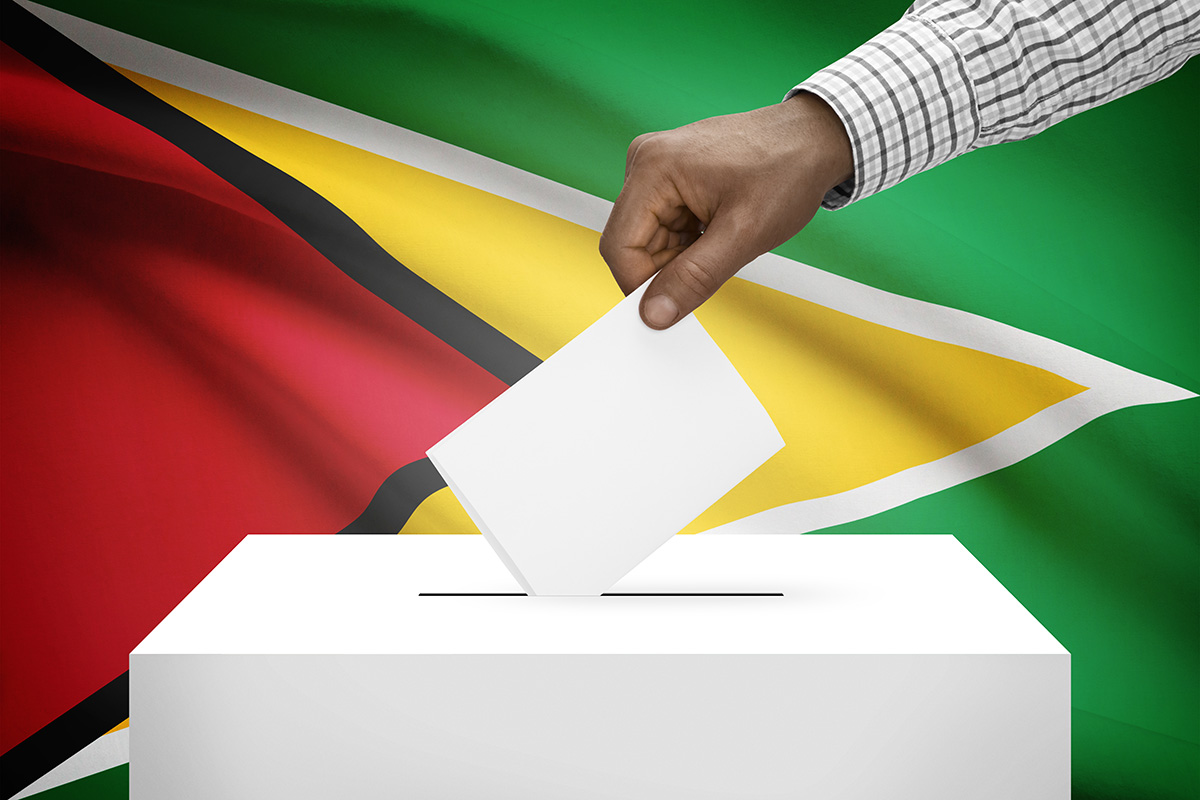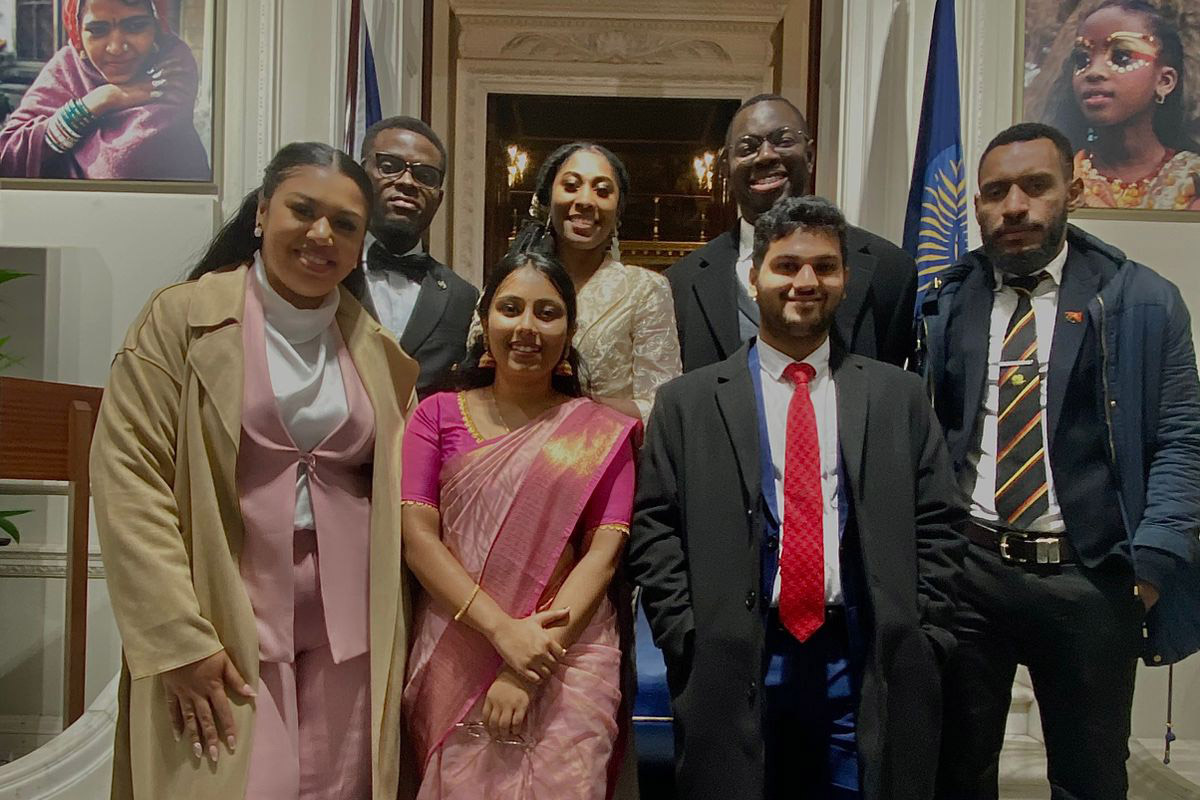Big challenges for Malawi’s MPs
May 27
After going to polls on May 21, Malawians are still awaiting the final results of the presidential election ballot. The High Court has ordered the Electoral Commission to recount votes in some districts because of allegations of irregularities. Lonjezo Idrissa, a 22-year-old Commonwealth Correspondent from Zomba, Malawi, writes that when the election is over and the dust has settled, the real challenges for MPs begin, as they take on the daunting role of aiming to please their constituents.
Whenever people hear that someone is a Member of Parliament, they think this person has a bottomless pit of money. They think that the MP’s job is to give handouts to people in their constituency during their term in office.
Others perceive MPs as their lifeline. Such people gather at an MP’s house from morning until evening as if it were a hospital. Others do not spend time with their families, go to church or tend to their businesses because they see the MP’s house as their paradise – the solution to all their problems. They sleep outside the MP’s house waiting to be given food, clothes, fertilizers and money.
“People do not care about solving existing social problems as long as they are given handouts by their Member of Parliament.”
Such people do not even care whether the MP is carrying out any development projects in their area such as building schools, hospitals, bridges and trading centres, or providing much-needed amenities such as electricity. They do not care about solving existing social problems as long as they are being given handouts by their Member of Parliament.
Sometimes even respected traditional leaders in rural areas are influenced by the handouts they receive from MPs. These leaders conduct rallies in their villages that aim to glorify the MPs for the good deeds they do.
The traditional leaders do not care much about the developments that their villagers have been waiting for their MPs to deliver, as promised during election campaigns. Instead, they are more concerned about receiving donations from parliamentarians.
If an MP does not give handouts, they are perceived as a failure. They are called names. People protest to have the MP removed. Others regret their decision of electing the MP saying “Tinangotaya voti lathu m’madzi, tikanadziwa bwezi titavotela ena aja chifukwa bwezi mwina akutiganizilapo ndi kangachepe. Tinangompezela chokuti azikasangalala nacho, ife umphawi ndi omwewu uti buuu panowu MP wake ndiwosathandiza.”
[We wasted our vote. Had we known, we would have voted for a different person. Maybe another person would have helped us (with money). He got the position not to help us, but to help himself. We as a people are stricken by extreme poverty while he is enjoying himself. The MP is not helpful at all]. People may not vote for such an MP again in the next election despite the fact that they may have progressive ideas for development.
Many Malawians misinterpret the role of the MPs they elect in their constituency. They do not know that the role of an MP is not to give handouts. MPs are meant to represent their constituents in the National Assembly. They are meant to make laws. They are there to hold the executive branch of government to account. They are there to push for developments such as schools and boreholes, among others, not to provide coffins or school fees. When the handouts don’t come, MPs are accused of being useless and greedy, and of misusing the money meant for development projects.
“MPs are meant to push for developments such as schools and boreholes, not to provide coffins and school fees.”
Because of this pressure from constituents for handouts, some MPs leave their constituencies to settle far away. When they leave, the people feel betrayed. They do not know that the MPs leave, not because they do not love and care for their people, but because they are tired of the constant demands for handouts.
Giving handouts has a negative effect on society, even though it appears, in many Malawians’ view, as a good thing to do. Handouts slow down development as people don’t focus on activities that can improve their own lives. Handouts breed laziness as people see this is as the only way out of their problems. There is, therefore, a critical need for civic education on the role of MPs in Malawi.
About me
I am a student at the University of Malawi, Chancellor College, studying Bachelor of Arts Communication and Cultural Studies (majoring in Public Relations). I am a writer, poet, editor, social critic, an advocate of different fields, researcher, motivational speaker, and would like to be a public relations manager. I love writing because I like encouraging young people, and adults to be strong, hardworking, to focus on their lives, and to be aware of some the challenging matters in the society and their solutions.
………………………………………………………………………………………………………………
Opinions expressed in this article are those of the author and do not necessarily represent the views of the Commonwealth Youth Programme. Articles are published in a spirit of dialogue, respect and understanding. If you disagree, why not submit a response?
To learn more about becoming a Commonwealth Correspondent please visit: http://www.yourcommonwealth.org/submit-articles/
……………………………………………………………………………………………………………………………………………………………




